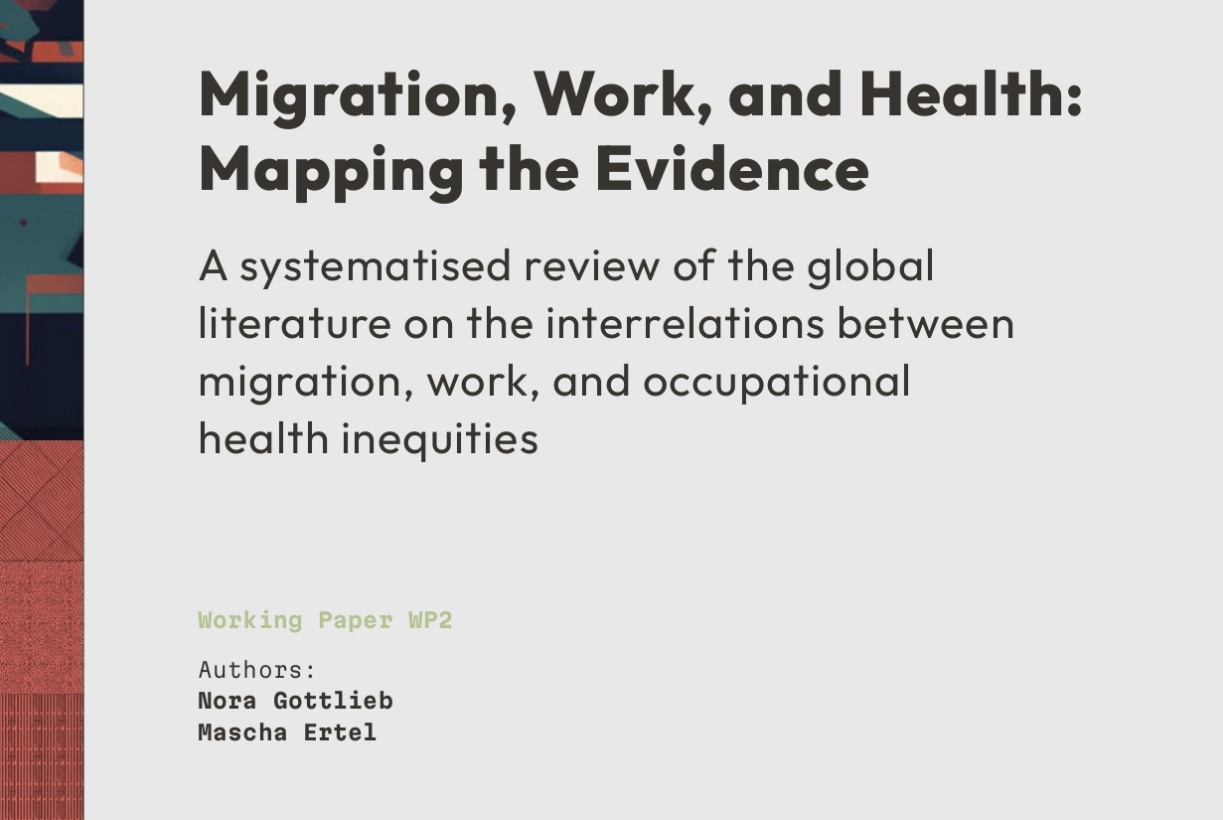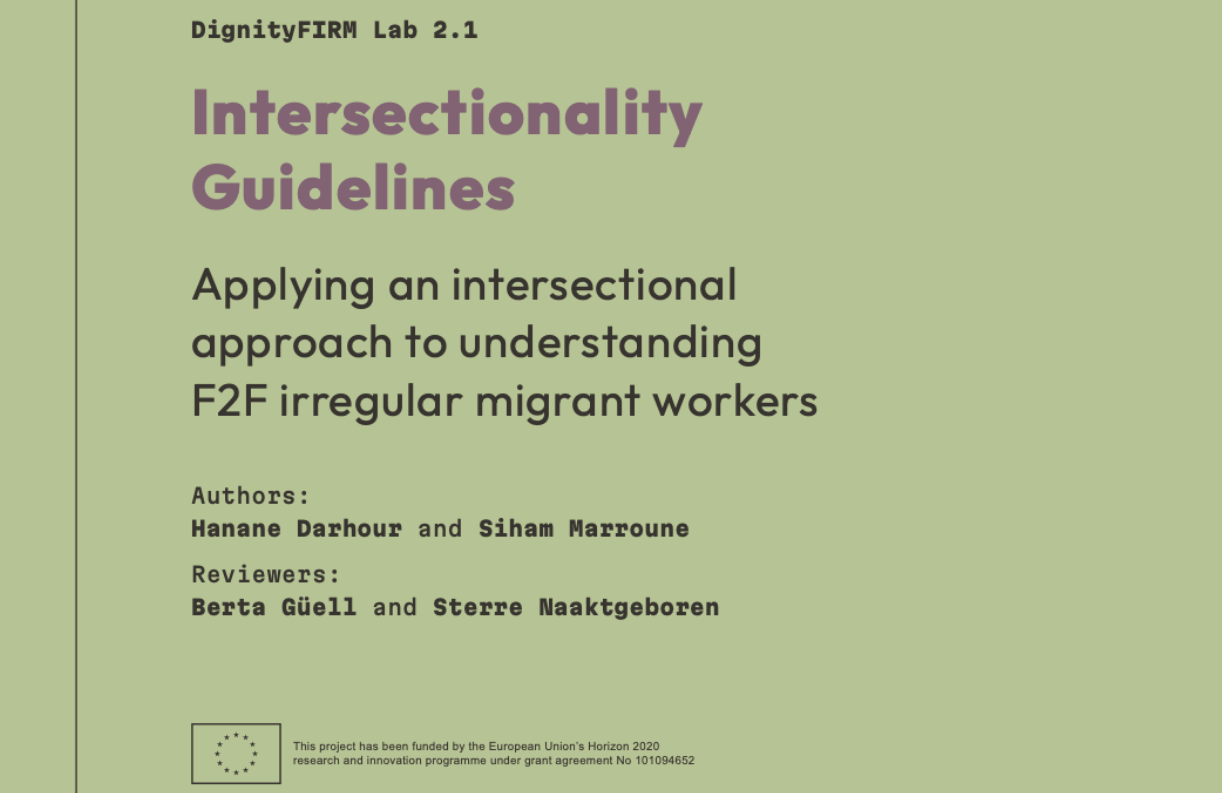
01 Mar Irregular migrants in Europe: Why national institutions matter for conditions and policy
Irregular migrants in Europe: Why national institutions matter for conditions and policy
“In recent years, few public policy issues have created more heated public and political debates across European countries than irregular migration. National governments and the European Union as a whole have been under pressure from their voters to come up with “more effective” policies—with some defining effective as stronger immigration controls and exclusions and others calling for more fundamental rights protections and greater inclusion of irregular migrants. As a consequence, we have seen a flurry of immigration policy changes in recent years, both at national and EU levels.
But more effective policies vis-à-vis irregular migrants require thinking beyond immigration policies. This is because the scale and conditions of irregular migrants in a particular country – and the politics of immigration policy-making itself – are affected in important ways by national labour market regulations, welfare states, legal frameworks, and political systems. Any attempt to develop more effective policies vis-à-vis irregular migrants is likely to fail if it does not take into account the role of these broader national institutions of host countries”.
Click here to continue reading Martin Rush’s contribution, part of the Prime project.
Martin Ruhs is Professor of Migration Studies and Deputy Director of the Migration Policy Centre at the Robert Schuman Centre for Advanced Studies at the European University Institute. Martin is the Principal Investigator of PRIME.
Latest News
- Essential, yet precarious work as a key health risk for migrants
- Covid19 regularisation in Italy: a measure that did not lived up to its promises
- Incorporating Intersectional Analysis into Research on (F2F) Irregular Migrant Workers
- “Narrative change for inclusionary health and migration policies”. A DignityFIRM contribution on The Lancet
- Build back better: War does not stop Ukraine from preparing migration laws for EU accession


